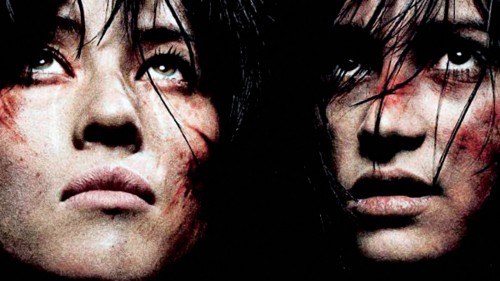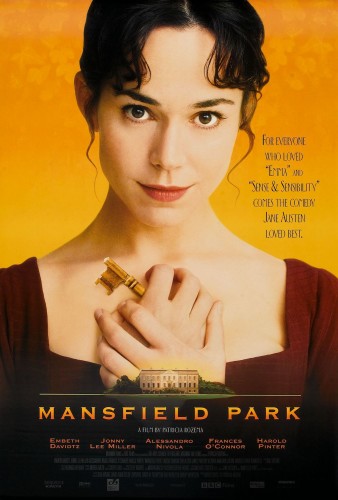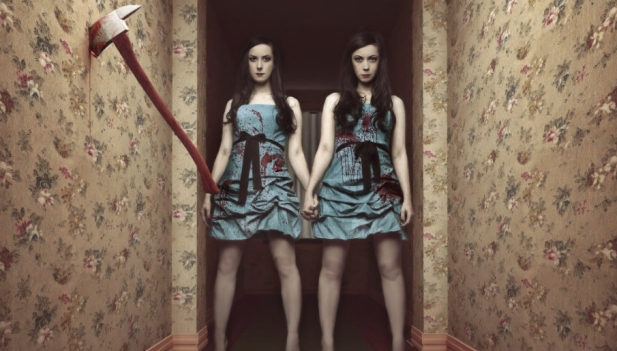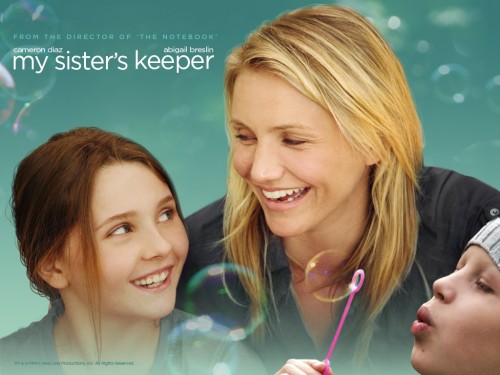‘Martyrs’: Female Friendships Can Be Bloody Complex
Often in feminist criticism female friendships are discussed as a great barometer for the authenticity of the female characters. Strong bonds and healthy interactions serve the dual purpose of highlighting positive female roles and for showing the many dimensions of women as whole persons. I propose that in order to continue the push to show women as well-developed characters we also need representations of flawed female friendships.









